Top Class Actions’s website and social media posts use affiliate links. If you make a purchase using such links, we may receive a commission, but it will not result in any additional charges to you. Please review our Affiliate Link Disclosure for more information.

According to the iPhone class action lawsuit, Apple released updates designed to maintain performance in aging batteries, even though those updated would slow the phones down. As the iPhone batteries age, they reportedly degrade and provide less power. In order to ensure that older batteries provided the same usage time as a new battery, Apple allegedly released software updates to target the older iPhone devices. Although these updates were intended to improve performance, they allegedly caused older devices to have a slower processing time.
Eventually, consumers reportedly started to experience unexpected shutdowns, despite having sufficient battery.
The iPhone class action calls the throttling scheme “one of the largest consumer frauds in history,” having affected hundreds of millions of iPhones around the world.
In November 2016, Apple reportedly admitted that a small range of iPhone 6s devices were affected by the battery defect but blamed the issue on the devices’ batteries. According to the tech giant, the batteries were exposed to “ambient air” during their assembly in September and October 2015. However, consumers allegedly experienced the issue in more than just these limited devices.
The Apple iPhone class action claims that the company continued to release software updates with the throttling code despite acknowledging the defect in some of their devices.
Apple allegedly admitted to the full throttling scheme in December 2017 after independent research reportedly revealed impaired performance in a large number of older iPhones. The company reportedly claimed that the throttling code in their update was designed to “smooth out” any “[unexpected] instantaneous peaks” in performance.
“[We] have never — and would never — do anything to intentionally shorten the life of any Apple product, or degrade the user experience to drive customer upgrades,” Apple said in a statement. “Our goal has always been to create products that our customers love, and making iPhones last as long as possible is an important part of that.”
Despite the company’s assurances, the Apple iPhone class action lawsuit claims that the tech giant knowingly misrepresented the problem to their consumers and instead aimed to capitalize on consumer dissatisfaction by encouraging the purchase of new devices.
“Apple misrepresented material facts to consumers by representing each new device as faster with longer battery life, all the while omitting that any defects or battery issues existed,” the iPhone throttle class action claims. “Because Apple put profits over its consumers, and deliberately misrepresented facts to make more profits, its scheme was willful and wanton, and with reckless disregard for its customers—Plaintiff and the class members.”
The plaintiffs seek to represent a Class of purchasers, owners, users, or lessees of Apple iPhone 6, 6s, 6 Plus, 6s Plus, SE, 7, and 7 Plus devices.
The Apple iPhone class action lawsuit seeks actual damages, statutory damages, punitive damages, restitution, interest, court costs, and attorneys’ fees.
Plaintiffs in the Apple class action are represented by Rosemary M. Rivas of Levi & Korsinsky LLP, Daniel C. Levin of Levin Sedran Berman, James Vlahakis of Sulaiman Law Group, Kathleen Herkenhoff of Kaeggquist & Eck LLP, Melissa R. Emert of Stull Stull & Brody, Joshua Harris Eggnatz of Eggnatz Pascucci PA, Bradford B. Lear of Lear & Werts LLP, Derek G. Howard of Derek G. Howard Law Firm Inc., David J. Stone of Bragar Eagel & Squire PC, and Kyle J. McGee of Grant & Eisenhofer PV.
The Apple iPhone Throttle Class Action Lawsuit is Naylor, et al. v. Apple Inc., Case No. 5:19-cv-04421-SVK, in the U.S. District Court for the Northern District of California.
UPDATE: July 2020, the Apple iPhone performance class action settlement is now open. Click here to file a claim.
Read More Lawsuit & Settlement News:
Apple Lawsuits Abound, Despite Option to Turn Off iPhone Throttling
Apple iPhone Battery Scandal Reaches France, Where Planned Obsolescence is Illegal
Apple iOS 11 and Other iPhone Updates May Have Slowed Older Phones
Customers Could Receive Compensation for iPhone Slow Down Problems
ATTORNEY ADVERTISING
Top Class Actions is a Proud Member of the American Bar Association
LEGAL INFORMATION IS NOT LEGAL ADVICE
Top Class Actions Legal Statement
©2008 – 2024 Top Class Actions® LLC
Various Trademarks held by their respective owners
This website is not intended for viewing or usage by European Union citizens.



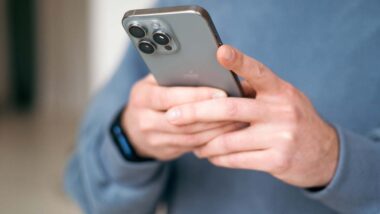
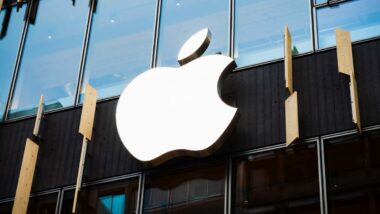
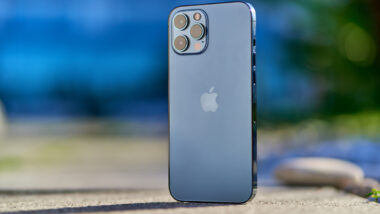
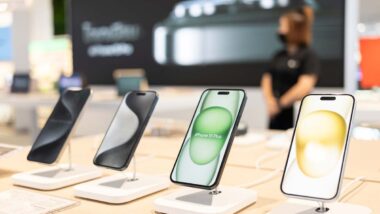
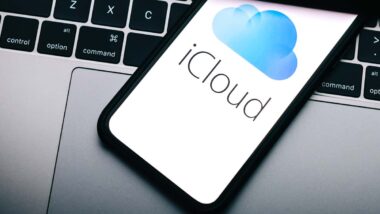
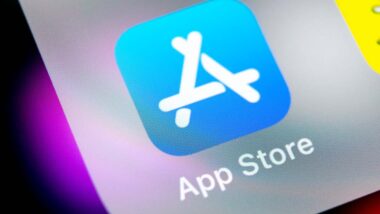
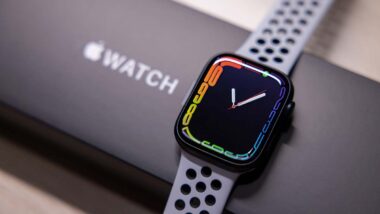

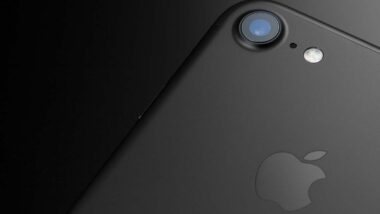
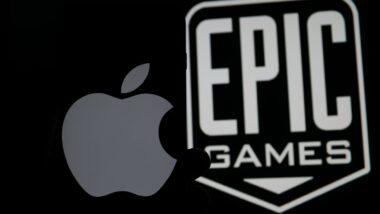
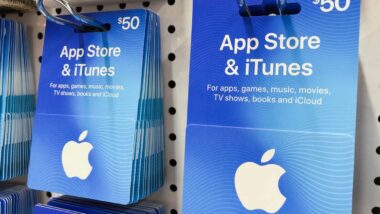

1,131 thoughts oniPhone Class Action Claims Apple ‘Throttled’ Older Models
I knew it! It’s about time this was confirmed!
Please add me
Please add me!
Please add.
Please add me to lawsuit I have a iPhone 6s
Does it count if I had an apple 6s 1 year ago also how can someone be added
I have Iplus 7 (2) phones Also I had IPlus 6 (2) phones. How to I apply to be included in class action lawsuit or include me in
I have an iPhone 6s. Please add me.
I have an iPhone 6
I have an iPhone 6s+. Please add me